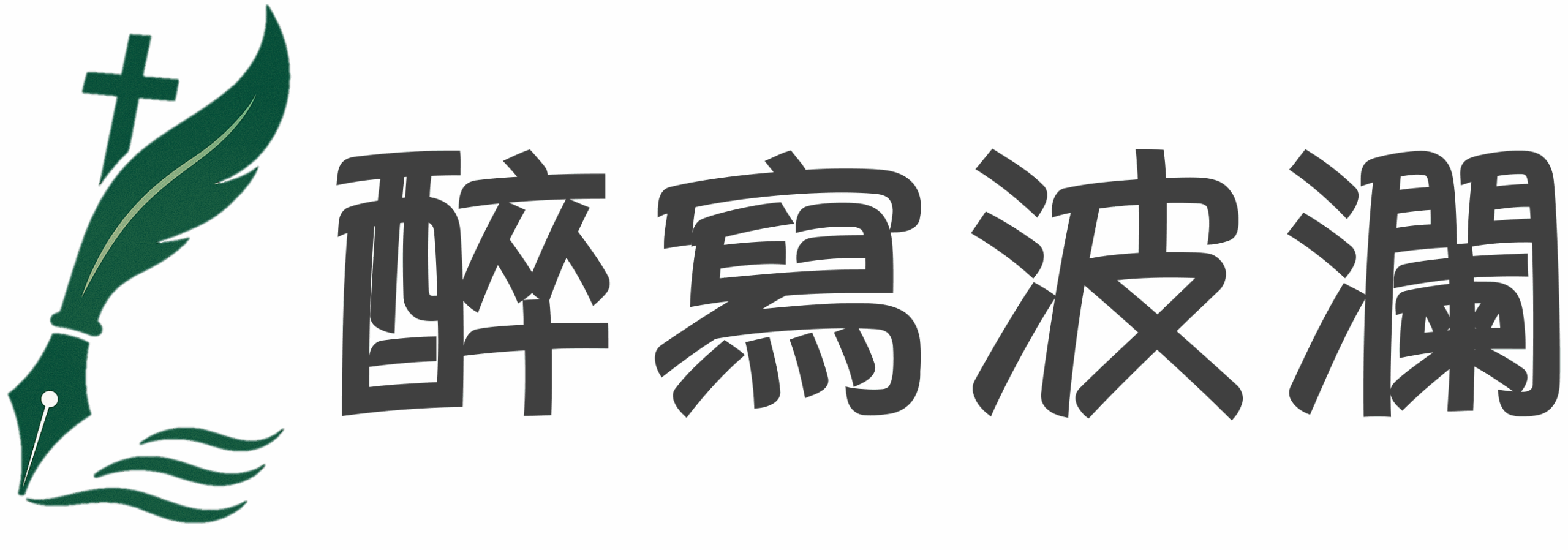As he walked out of the CEO’s office, Ji Chao felt stifled and oppressed, and couldn’t help kicking a nearby chair in frustration.
Ironically, Ji should have been in higher spirits. The CEO had just offered him a promotion. For most people it would have been good news, but Ji was quite reluctant. In fact, this is not the first time. He had a similar experience some years ago, when, not long before he joined this IT company, the boss tried to promote him to department manager. Ji was not at all motivated by the “great expectations”, for he had a clear view of himself. He calmly told the boss, “I’m introverted and awkward with communication. Management does not fit me. I have my heart set on technology.”
“The company has decided to apply for a government innovation fund. We hope you would be the technical manager of the project under application,” explained the boss. As a matter of fact, the boss was well aware of Ji’s weakness. This promotion offer was partially due to his superior educational background, along with his patents and dissertations.
“What project shall we apply with?” Ji inquired. The boss told him it would be the “BlueBanner”, a product of Linux. Ji retorted with youthful impatience, “Are you sure you want to apply to the innovation fund with that funny stuff? That so-called independent IPR is just simple modifications on an existing version of Linux downloaded from the Internet. It violates GPL (General Public License) in the first place, and it’s stealing!”
Ji became agitated, “Why do we have to cheat in the name of innovation? We are only competent enough to act as agents for foreign products. Our business is no more than carrying boxes. You can glorify it as an all-in-one solution or hi-tech achievements, but do you really believe we could get that government innovation fund with it?”
When Ji was about to leave, the boss stopped him and mildly admitted, “We are a newly founded firm, you know. To cultivate excellent talent here like you, we need to find money in any possible way. The free government innovation fund is an important resource.” The boss ended by a compromise that if Ji didn’t want to be involved in management, he could continue with his beloved technology under a management title.
Eventually, the company gained major support from the government; RMB1.5 million (US$190,000) was injected in installments. Ji had remained a nominal “technical manager” till all the money was received. After that, he rejected the promotion flatly and returned to his original position as a technical engineer.
Time flying, Ji is a technical master now. As chief engineer of the company, his extraordinary technical ability witnessed the company’s development. However, he felt ever uneasy. As he had immersed himself in technical matters, Ji was convinced that the technical gap in front of them had been widened rather than narrowed over these years. And he knew clearly that the company was still busy carrying boxes all the time. Even when they occasionally did R&D, it was actually imitations of existing technology. Despite all the facts, Ji tried to look on the bright side. That the strategy of “market for technology” was a losing proposition is a general consensus. And independent innovation was highly valued by today’s society and the industry.
Therefore, when the CEO asked Ji to have a chat this time, he was really excited. As he entered the CEO’s office, the boss began gushing with ecstasy. “As you know, innovation has never been as important as it is today, particularly for IT firms like ours. The Board has decided to build our company into an epitome of innovation, and make technical elites like you the benchmark of innovation.” Ji was delighted and thought his day had finally arrived.
Unexpectedly, the boss began to work in a request for Ji’s another promotion. “Management expects you to be the CIO,” said the boss.
Ji, no longer an idealistic, enthusiastic young man, replied calmly, “You know I’m not suitable for management.”
“The municipal government recently published a new policy, stressing support for innovative businesses”, the boss added. “We’ve decided to comply with that by firstly setting up a proper management team.”
Ji deciphered the profound meaning between the lines and instantly felt thorns in his side. Sorrow welled up in his heart, and once again he sensed an unavoidable sense of fate.
“Let me think about it”, Ji muttered, and then escaped from the office. In depressed retrospection, he saw himself promoted twice in the name of innovation – department manager and now CIO. Now he pondered, “At least both promotions seem to prove a growing importance of innovation. Maybe it’s not that bad to take this position of ‘innovation CIO’.”
附中文原文:CIO故事之十六:提拔
